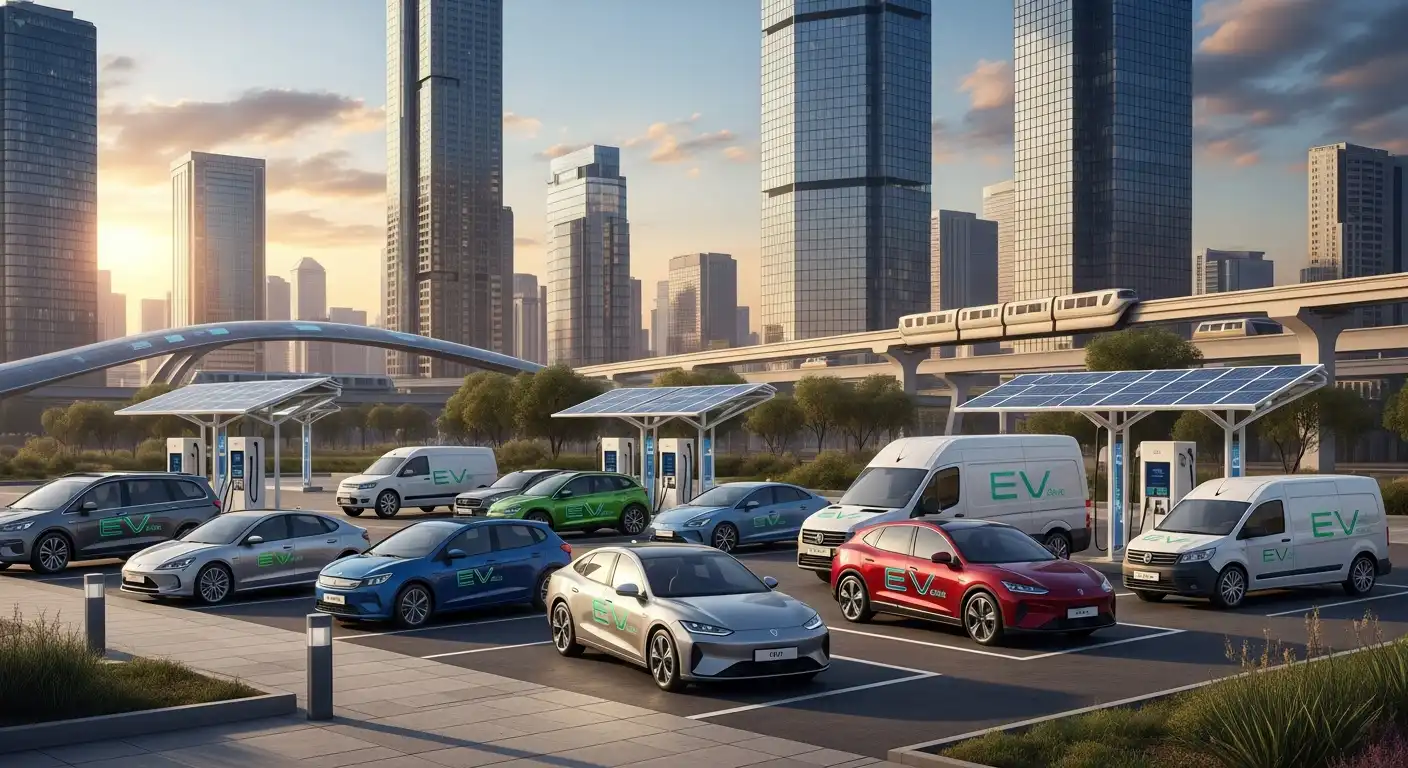Transportation services have always been the lifeblood of societies, connecting people, goods, and ideas across distances. However, in today’s fast-paced world, the transportation landscape is undergoing a profound transformation.
Observation of Transportation Services
Technological advancements, changing consumer preferences, and environmental concerns are reshaping how we move from one place to another. One of the most remarkable shifts in transportation services is the advent of ride-sharing and ride-hailing platforms. Uber, Lyft, and Didi Chuxing have disrupted the traditional taxi industry by connecting passengers with private drivers through mobile apps. It has increased convenience, reduced costs, and challenged conventional employment models.
The rise of electric vehicles (EVs) is another transformative trend in transportation. Electric cars offer a more sustainable and eco-friendly alternative to traditional gasoline-powered vehicles. Major automakers are investing heavily in EV technology, and governments worldwide are implementing incentives and regulations to encourage adoption. The shift toward EVs is poised to reduce carbon emissions and reliance on fossil fuels, ushering in a greener era of transportation.
The concept of autonomous vehicles has captured the imagination of innovators and the automotive industry alike. Self-driving cars have the potential to enhance safety, reduce traffic congestion, and increase mobility for those who are unable to drive. While significant progress has been made in developing autonomous technology, regulatory challenges and concerns about safety and cybersecurity remain obstacles to widespread adoption.
Transportation services are also evolving to meet the needs of urban populations. Bike-sharing and scooter-sharing services are gaining popularity in cities worldwide, providing convenient and eco-friendly modes of transportation for short trips. These services help alleviate traffic congestion and reduce pollution, creating more sustainable urban environments.
Public transportation systems are not immune to the winds of change either. Smart cities implement integrated, data-driven solutions to improve public transit efficiency, enhance passenger experiences, and reduce emissions. Initiatives such as contactless payment systems, real-time transit apps, and electrified mass transit options make public transportation more attractive and accessible.
Another notable trend is the emergence of transportation-as-a-service (TaaS) models. Mobility-as-a-Service (MaaS) platforms aim to seamlessly integrate various transportation options into a single, user-friendly interface. Users can plan, book, and pay for various transportation services, including public transit, ride-sharing, and bike rentals, all through a single app. This holistic approach reduces car ownership and promotes sustainable and efficient transportation choices.
However, the transformation of transportation services is not without its challenges. Infrastructure investments, regulatory frameworks, and data privacy concerns must be addressed to realize the potential of these innovations. The digital divide can also create disparities in access to modern transportation services, underscoring the need for equitable solutions.
Transportation Services Market
The Techgolly market analysis team estimates that the global transportation services market was valued at least USD 8.5 trillion in 2024 and is projected to reach USD 13.49 trillion by 2030. Growth will continue at a compound annual growth rate (CAGR) of 6%-8% from 2024 to 2030.
Conclusion
Technological innovation, environmental considerations, and changing consumer demands are significantly transforming transportation services. As we navigate these changes, we must balance convenience, sustainability, and accessibility to ensure that all members of society share the benefits of these advancements.




